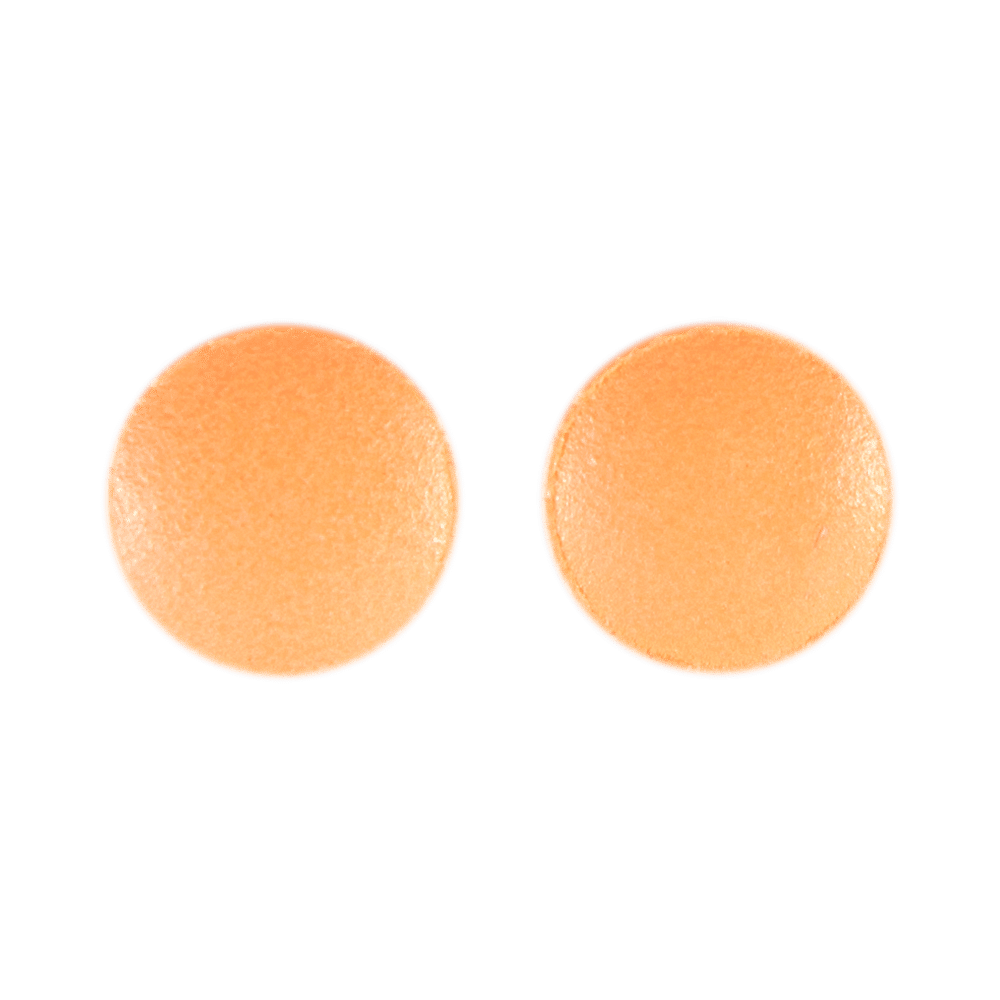
Alzocept 10 Tablet
Manufacturer
Lifecare Neuro Products Ltd
Salt Composition
Donepezil (10mg)
Key Information
Short Description
Alzocept 10 Tablet is used to treat mild to moderate dementia in Alzheimer’s disease, helping to improve memory, awareness, and other symptoms.
Dosage Form
Tablet
Introduction
Your doctor will explain how to take Alzocept 10 Tablet. You may take it with food, preferably at night before going to bed. Follow the instructions carefully to get the most benefit. The dose may change from time to time to suit your individual needs. It can take up to a few weeks for symptoms to improve so keep taking your medicine regularly. You should not stop taking this medicine without consulting your doctor. Some common side effects of this medicine include nausea, diarrhea, insomnia, vomiting, muscle cramps, fatigue, weight loss (anorexia), headache, loss of appetite, common cold, urinary incontinence, and rash. Drink plenty of fluids to keep yourself hydrated. You may have side effects more often when you start your treatment or when your dose is increased. Usually, the side effects will slowly go away as your body gets used to the Alzocept 10 Tablet. If they are severe or will not go away, you should contact your doctor. Before using Alzocept 10 Tablet, you should tell your doctor if you have ever had heart problems, stomach ulcers, epilepsy, or asthma. It may also affect, or be affected by, some other drugs you are using so let your doctor know what these are to be safe. During pregnancy, this medicine should only be taken if it is advised.
Directions for Use
Take this medicine in the dose and duration as advised by your doctor. Swallow it as a whole. Do not chew, crush or break it. Alzocept 10 Tablet may be taken with or without food, but it is better to take it at a fixed time.
Safety Information
Side Effects
Nausea Diarrhea Insomnia Vomiting Muscle cramps Fatigue Weight loss (anorexia) Headache Loss of appetite Common cold Urinary incontinence Rash
Alcohol Warning
It is unsafe to consume alcohol with Alzocept 10 Tablet.
Breastfeeding Warning
Alzocept 10 Tablet is probably unsafe to use during breastfeeding. Limited human data suggests that the drug may pass into the breastmilk and harm the baby.
Pregnancy Warning
Alzocept 10 Tablet may be unsafe to use during pregnancy. Although there are limited studies in humans, animal studies have shown harmful effects on the developing baby. Your doctor will weigh the benefits and any potential risks before prescribing it to you. Please consult your doctor.
Interacting Medicines
Atropine Camylofin Hyoscine butylbromide Otilonium Bromide
How it works
Memory loss in Alzheimer’s disease occurs due to disturbances of signal transmission in the brain. Alzocept 10 Tablet is a cholinesterase inhibitor. It works by increasing the levels of a chemical messenger (acetylcholine) involved in transmission of nerve signals. This improves memory and thinking.
Quick Tips
You have been prescribed Alzocept 10 Tablet to slow down the progression of Alzheimer's disease. It does not cure Alzheimer's disease but may help improve brain function and ability to do daily activities. Take it with or without food, preferably at night before going to bed. It may cause diarrhea, nausea, and vomiting. Drink plenty of fluids to keep yourself hydrated while taking Alzocept 10 Tablet. Monitor your body weight regularly as both Alzocept 10 Tablet and Alzheimer's disease can cause weight loss. Do not drive or do anything that requires mental focus until you know how Alzocept 10 Tablet affects you. Be cautious while taking this medicine if you suffer from peptic ulcer as it may cause vomiting, stomach bleeding, stomach pain, or discomfort. Inform your doctor if you develop muscle tremors, especially if you have Parkinson’s disease. Inform your doctor if you experience seizures or convulsions while taking this medicine.
Related Medicines

Aricep 10 Tablet

Donep-10 Tablet

Donasure 10mg Tablet

Dorent 10mg Tablet

Donzinol 10mg Tablet

Gigapezil 10 Tablet

Donetine 10 Tablet

Cognidep 10mg Tablet

Bonzil 10mg Tablet

Arizex 10 Tablet
Frequently asked questions
Why is Alzocept 10 Tablet taken at night?
Alzocept 10 Tablet is recommended to be taken before bedtime to potentially reduce gastrointestinal side effects or nausea, which are commonly seen in some patients during the first few weeks of treatment.
Do the gastrointestinal side effects due to Alzocept 10 Tablet persist for a long time?
Gastrointestinal side effects may appear during the initial weeks of treatment with Alzocept 10 Tablet. These can be minimized by taking Alzocept 10 Tablet at bedtime and with food. Generally, these side effects are mild and typically disappear within a few weeks with continued treatment.
How long does it take for Alzocept 10 Tablet to start working?
Within the first month of treatment with Alzocept 10 Tablet, you may experience improvement in thinking and remembering (cognitive effect). However, it might take about 12 weeks to see the full benefits.
When should Alzocept 10 Tablet be stopped?
Do not stop Alzocept 10 Tablet without consulting your doctor. This medicine helps control your condition but does not cure it, so it may take several weeks to see benefits. If you experience worsening of your symptoms or the medication is no longer helpful, consult your doctor before stopping.
For how long does Alzocept 10 Tablet stay in your system?
Alzocept 10 Tablet takes a long time to be removed from the body. It may take two weeks or longer for Alzocept 10 Tablet to completely leave the system.
Does Alzocept 10 Tablet cause depression?
Alzocept 10 Tablet does not cause depression. If you experience symptoms, they may be due to an underlying condition like Alzheimer's disease.
What if I take more than the prescribed dose of Alzocept 10 Tablet?
Taking more than the recommended dose of Alzocept 10 Tablet may lead to vomiting, increased sweating or saliva production, slow heartbeat, dizziness, difficulty breathing, seizures, weakness, low blood pressure, convulsions, and incontinence. Seek immediate medical assistance from your doctor or an emergency service.
I have been taking indomethacin for arthritis. Can I take Alzocept 10 Tablet?
Alzocept 10 Tablet does not interfere with the working of indomethacin but indomethacin individually increases the risk of stomach bleeding when taken long-term. If you experience any symptoms of stomach bleeding, consult your doctor immediately.
Does Alzocept 10 Tablet cause hallucinations?
Hallucinations are a common side effect of Alzocept 10 Tablet, although not everyone experiences this. Other common psychiatric side effects include agitation, aggressive behavior, nightmares, and abnormal dreams.
Who should not take Alzocept 10 Tablet?
Alzocept 10 Tablet should not be taken by patients with hypersensitivity to Alzocept 10 hydrochloride, piperidine derivatives or any of the active ingredients in the medicine. Moreover, it should not be used during pregnancy unless strictly necessary.
Can it cause insomnia?
Yes, insomnia (sleeplessness) is a common side effect of Alzocept 10 Tablet. Dizziness and fainting can also occur as common side effects. Although these side effects are not uncommon, they do not affect everyone.


